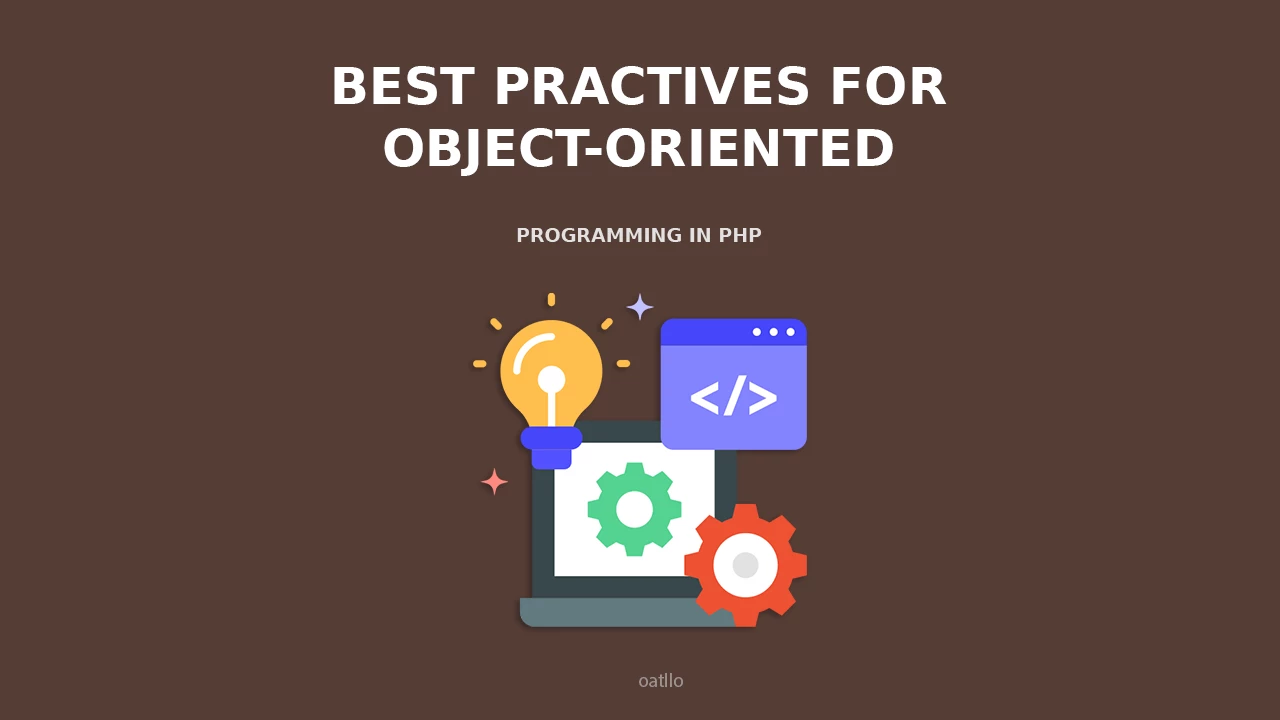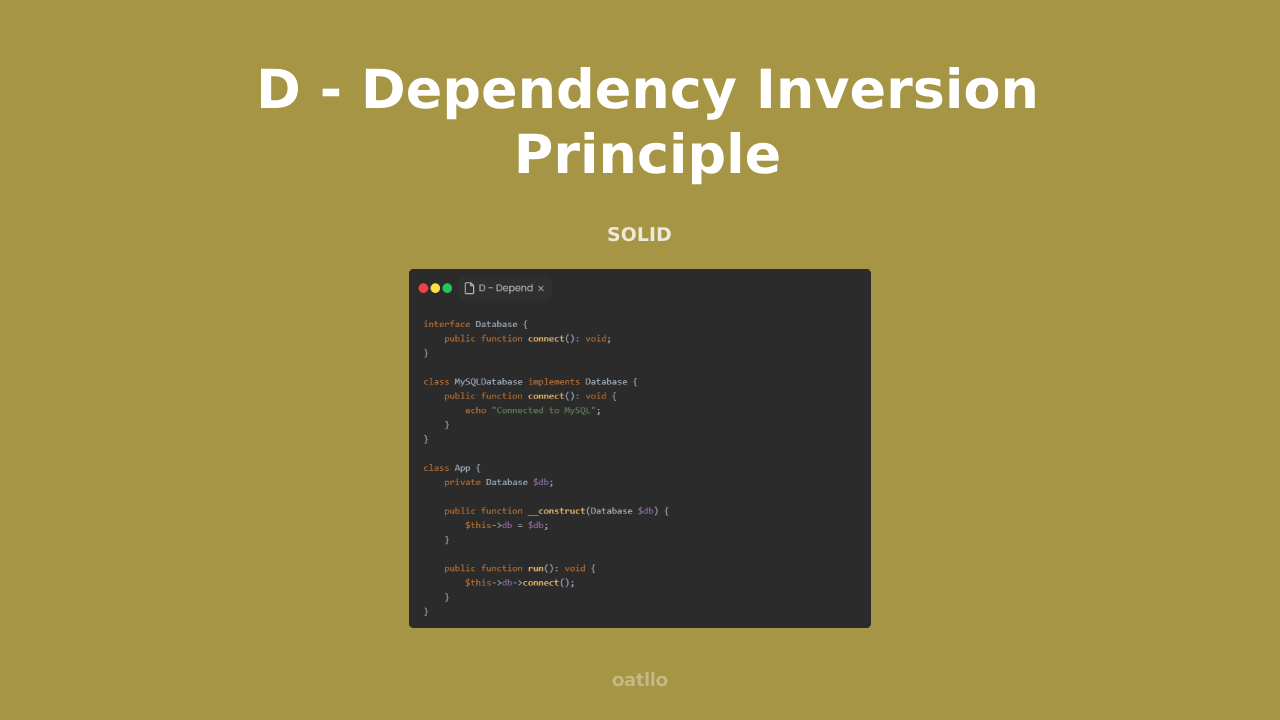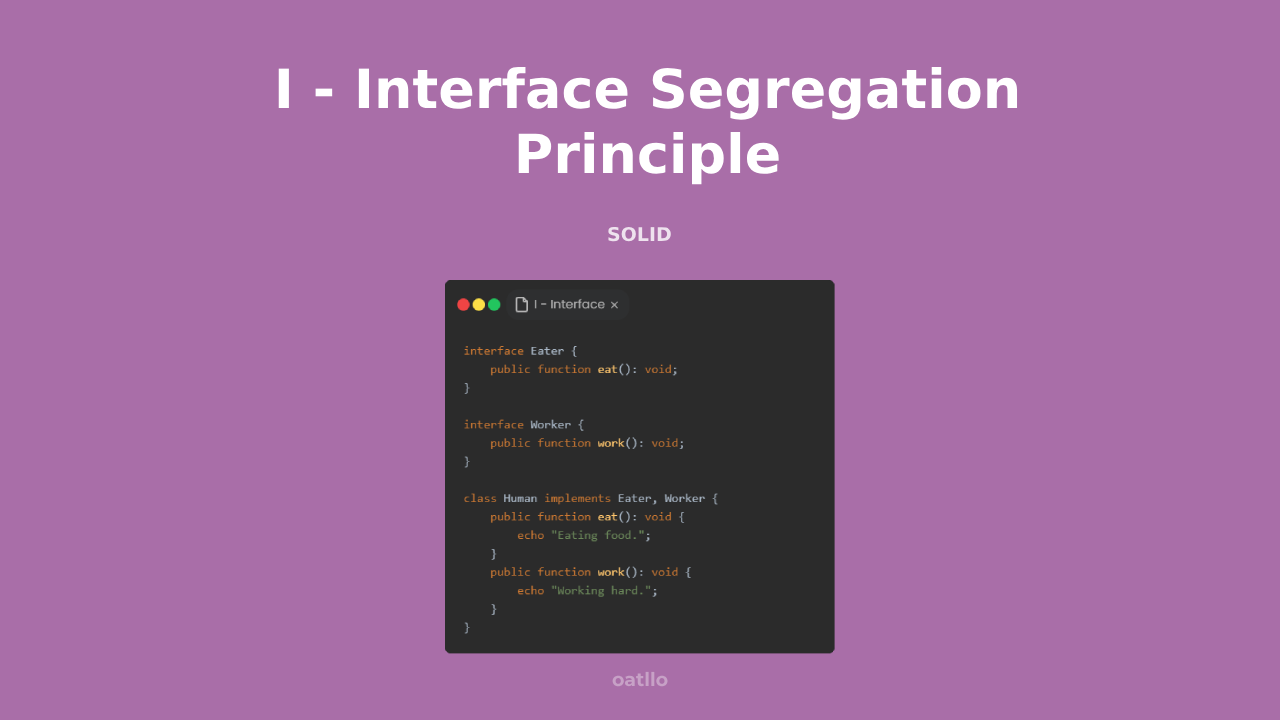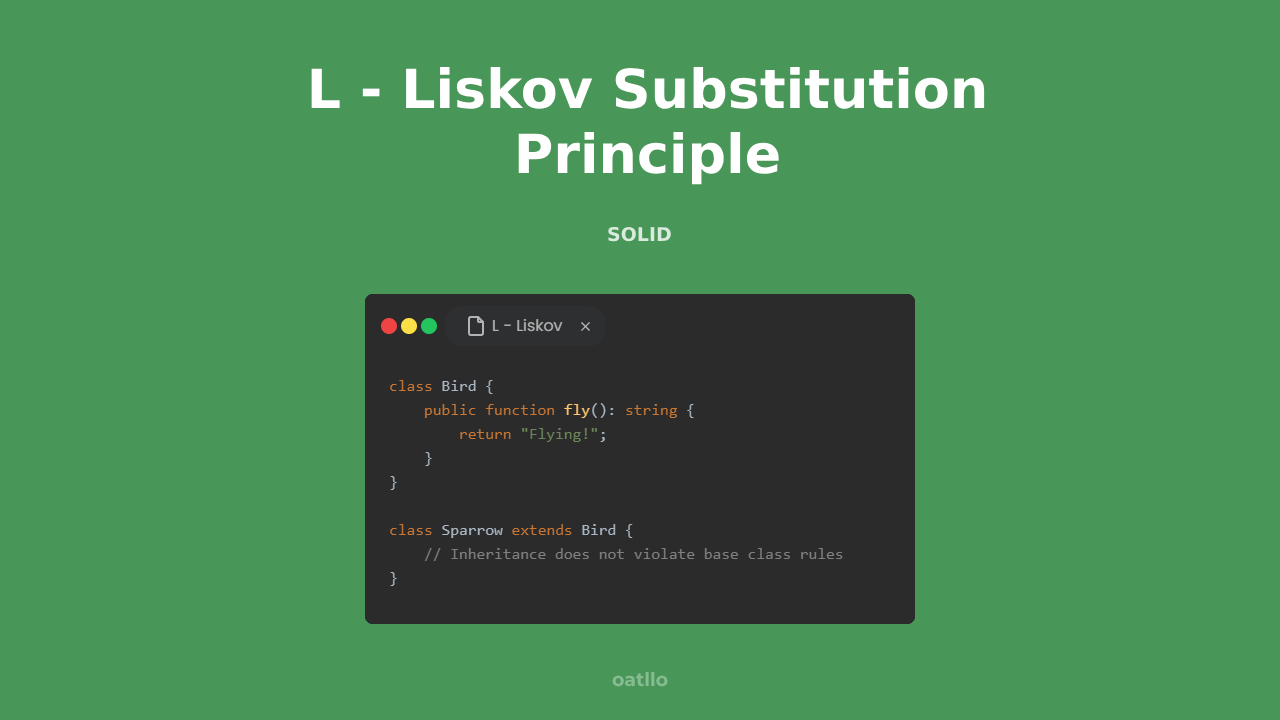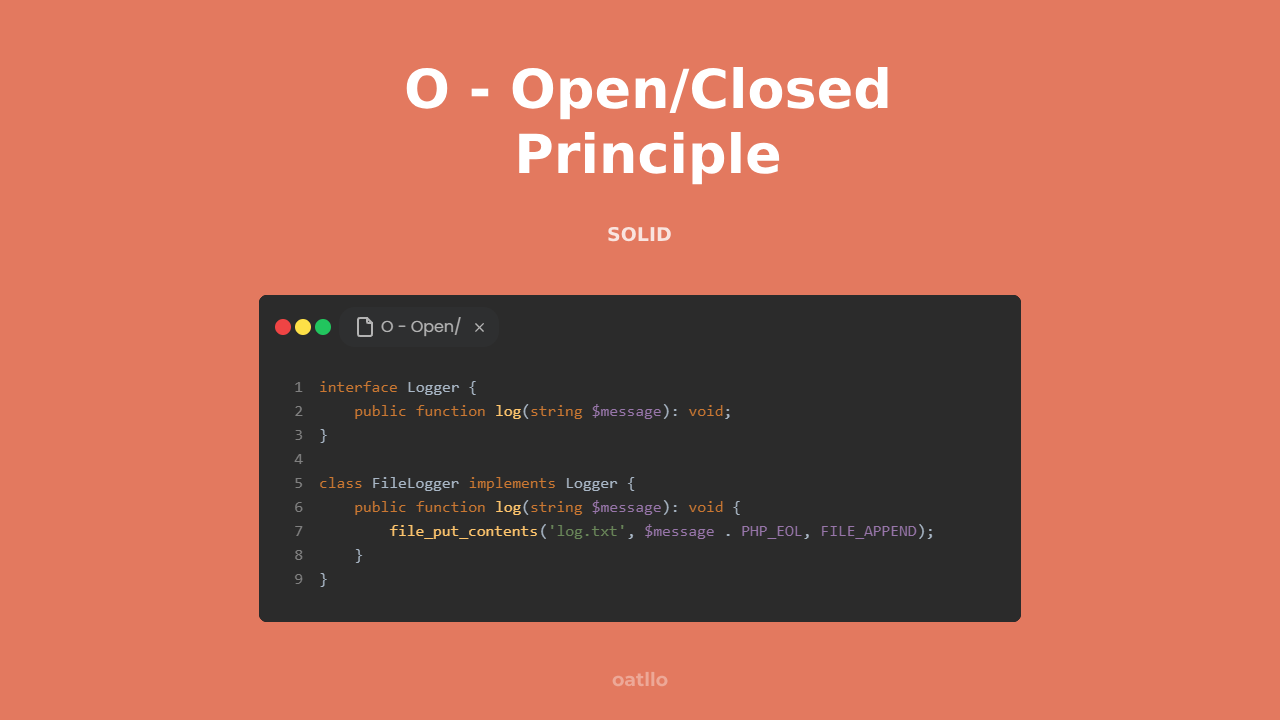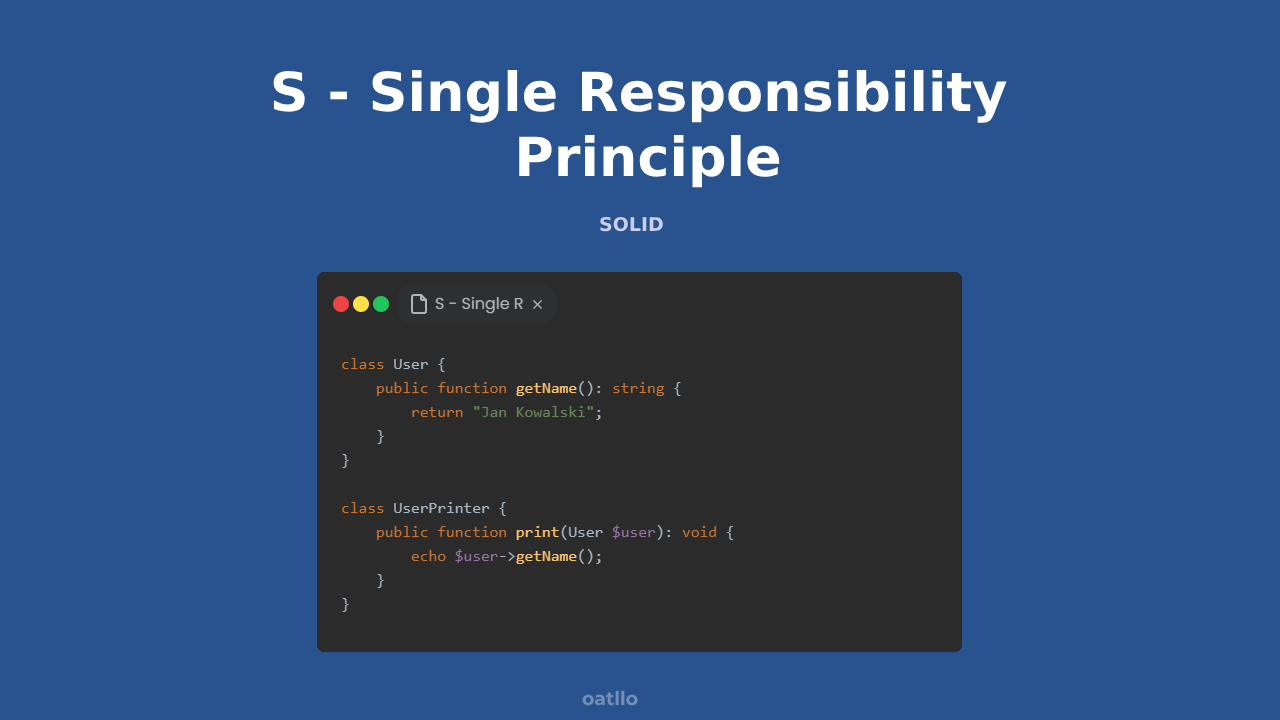Understanding the SOLID Principles in PHP Programming
The SOLID principles are a set of five foundational design principles that are critical for writing scalable, maintainable, and flexible software in PHP. By adhering to these principles, developers can significantly improve the quality of their code, making it easier to manage and extend over time. Whether you are a beginner or an experienced PHP developer, mastering the SOLID principles will elevate your programming skills.
What are the Five SOLID Principles?
SOLID is an acronym representing five core principles:
- S - Single Responsibility Principle (SRP)
- O - Open/Closed Principle (OCP)
- L - Liskov Substitution Principle (LSP)
- I - Interface Segregation Principle (ISP)
- D - Dependency Inversion Principle (DIP)
Single Responsibility Principle (SRP)
The Single Responsibility Principle states that a class should have one and only one reason to change. This allows for better organization of code and simplifies maintenance. When applied in PHP development, SRP leads to more robust applications that are easy to debug and enhance. Each class focuses on a single task, ensuring its longevity and adaptability.
Open/Closed Principle (OCP)
The Open/Closed Principle emphasizes that software entities should be open for extension but closed for modification. In practical terms, this means that once a class has been written, it should be possible to add new functionality without altering its existing source code. This principle is vital in PHP frameworks where plugins or modules can extend base functionalities.
Liskov Substitution Principle (LSP)
The Liskov Substitution Principle ensures that objects of a superclass should be replaceable with objects of a subclass without affecting the correctness of the program. This principle promotes a hierarchy where subclasses enhance or specialize behavior without deviating from the expected contract established by the parent class, facilitating better code organization and reusability in PHP applications.
Interface Segregation Principle (ISP)
The Interface Segregation Principle dictates that no client should ever be forced to depend on methods it does not use. In other words, it’s better to have many small interfaces than to have a few large ones. This practice leads to a more modular design in PHP programming, allowing developers to implement interfaces that are tailored to their specific needs.
Dependency Inversion Principle (DIP)
The Dependency Inversion Principle states that high-level modules should not depend on low-level modules. Both should depend on abstractions. This principle encourages the use of interfaces and abstractions, leading to a decoupled codebase that is easier to maintain and test. Implementing DIP in PHP promotes a clean architecture and enhances the overall quality of the application.
Explore More Insights on SOLID Principles
Understanding and implementing the SOLID principles is crucial for every PHP developer aiming to enhance their programming practices and create professional, maintainable software. Below, you will find related articles that delve deeper into each of the SOLID principles, along with practical examples and best practices that can help you excel in your PHP journey.
